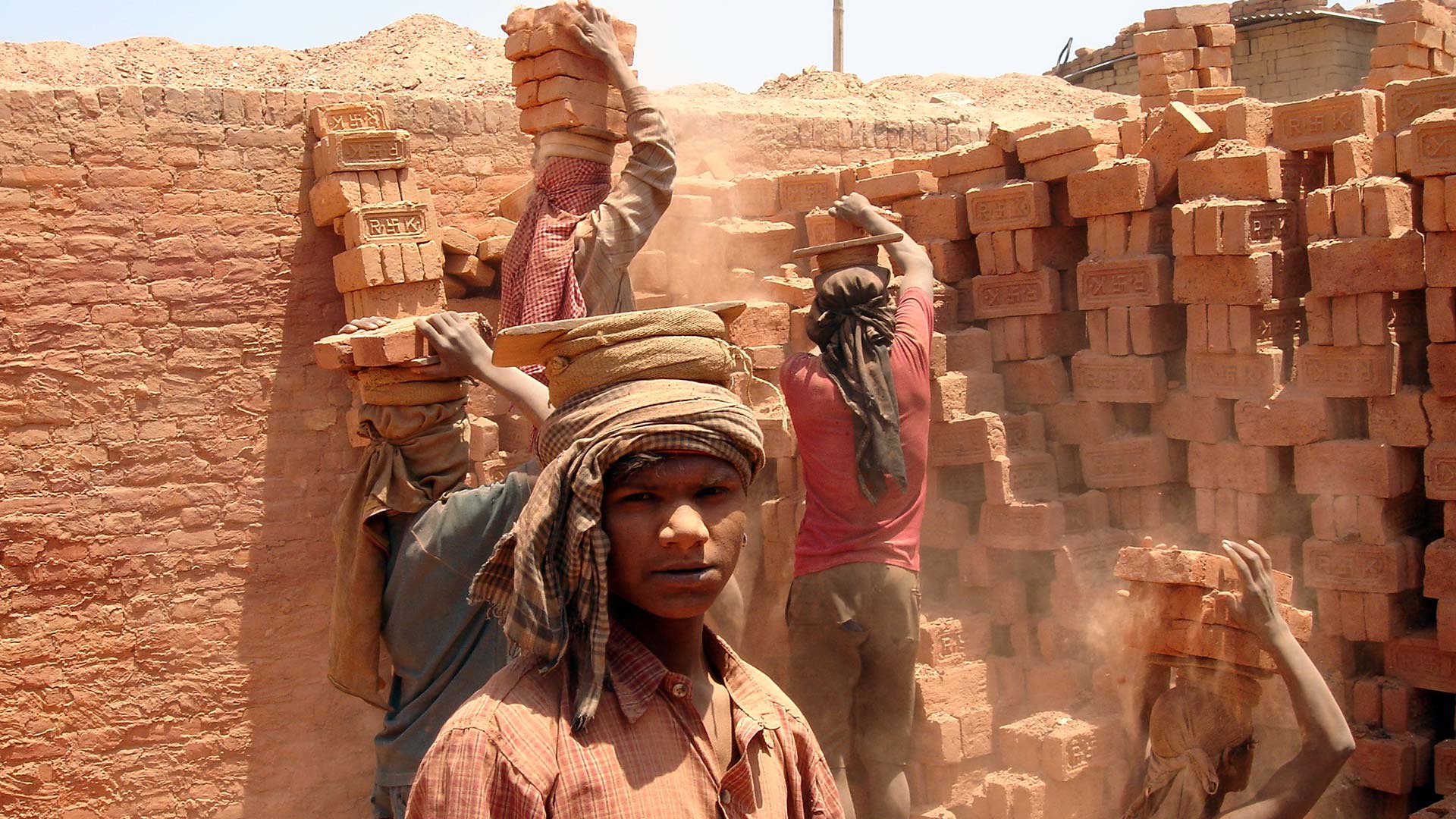Industry facilitation in theory and practice for an important value chain from brick to housing
Nowadays, development organizations focus on strategies how to create sustainable impact which continues even after a project’s assignment at place. One way of creating long-lasting effects is to build and promote industries. Thereby, it is an important target that these industries become competitive in order to be self-sustaining. According to Michael E. Porter, clusters can greatly contribute to achieve this goal.
Industry facilitators are needed when such sectors either do not exist or grow due to different types of barriers. In those cases, external help is required to overcome the challenges. Organizations or actors who facilitate industries typically act over several years and take on complex challenges. Therefore, they need regular data to understand their project’s progress.
The thesis analyzed the case of Skat Consulting’s project “Promoting off-farm employment through climate responsive construction material production” (PROECCO).
Insights from a theoretical and practical analysis about the challenges for PROECCO have been developed further during an on-site assignment in Rwanda for several months. Based on the findings, not only strategies, proposals and advice were provided but also put into action.
In this regard, monitoring and evaluation tools were implemented and integrated into the project’s procedures in order to create permanent access to significant and comprehensive information.
With the help of the monitoring tools, PROECCO can validate and refine its strategy in the future in order to successfully create a self-sustaining construction material market in the African Great Lakes Region.

